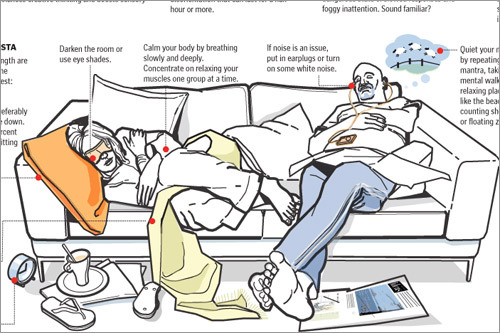
This is from
nytimes, article by Pam Belluck
How happy you are may depend on how happy your friends’ friends’ friends are, even if you don’t know them at all. And a cheery next-door neighbor has more effect on your happiness than your spouse’s mood. So says a new study that followed a large group of people for 20 years — happiness is more contagious than previously thought.
“Your happiness depends not just on your choices and actions, but also on the choices and actions of people you don’t even know who are one, two and three degrees removed from you,” said Dr. Nicholas A. Christakis, a physician and social scientist at Harvard Medical School and an author of the study, to be published Friday in BMJ, a British journal. “There’s kind of an emotional quiet riot that occurs and takes on a life of its own, that people themselves may be unaware of. Emotions have a collective existence — they are not just an individual phenomenon.”
And what about schadenfreude - pleasure in someone's misery - or good old-fashioned envy when a friend lands a promotion or wins the marathon? “There may be some people who become unhappy when their friends become happy, but we found that more people become happy over all,” Dr. Christakis said.
Professor Cacioppo said that suggested that unconscious signals of well-being packed more zing than conscious feelings of resentment. “I might be jealous of the fact that they won the lottery, but they’re in such a good mood that I walk away feeling happier without even being aware that they were the site for my happiness,” he said.
The effect on happiness was much greater from friends, siblings or neighbors who lived nearby. A next-door neighbor’s joy increased one’s chance of being happy by 34 percent, but a neighbor down the block had no effect. A friend living half a mile away was good for a 42 percent bounce, but the effect was almost half that for a friend two miles away. A friend in a different community altogether can win an Oscar without making you feel better.
“You have to see them and be in physical and temporal proximity,” Dr. Christakis said.
Body language and emotional signals must matter, said Professor Fowler, adding, “Everybody thought when they came out with videoconferencing that people would stop flying across the country to have meetings, but that didn’t happen. Part of developing trust with another person is being able to take their hand in yours.”
Still, they said, it is not clear if increased communication via e-mail messages and Webcams may eventually lessen the distance effect. In a separate study of 1,700 Facebook profiles, they found that people smiling in their photographs had more Facebook friends and that more of those friends were smiling. “That shows that some of our findings are generalizable to the online world,” Dr. Christakis said.
Sadness was transmitted the same way, but not as reliably as happiness. Professor Cacioppo believes that reflects an evolutionary tendency to “select into circumstances that allow us to stay in a good mood.”
Still, happiness has a shelf life, the researchers found.
“Your happiness affects my happiness only if you’ve become happy in the last year — it’s almost like what have you done for me lately,” Dr. Christakis said. Plus, the bounce you get lasts a year tops. Better if your friends can spread out their happy news, and not, say, all get married the same year.
Another surprising finding was that a joyful coworker did not lift the spirits of colleagues, unless they were friends. Professor Fowler believes inherent competition at work might cancel out a happy colleague’s positive vibes.
And people in the center of social networks were happier than those on the fringes. Being popular was good, especially if friends were popular too.
So should you dump melancholy friends? The authors say no. Better to spread happiness by improving life for people you know.
“This now makes me feel so much more responsible that I know that if I come home in a bad mood I’m not only affecting my wife and son but my son’s best friend or my wife’s mother,” Professor Fowler said. When heading home, “I now intentionally put on my favorite song.”
Still, he said, “We are not giving you the advice to start smiling at everyone you meet in New York. That would be dangerous.”





